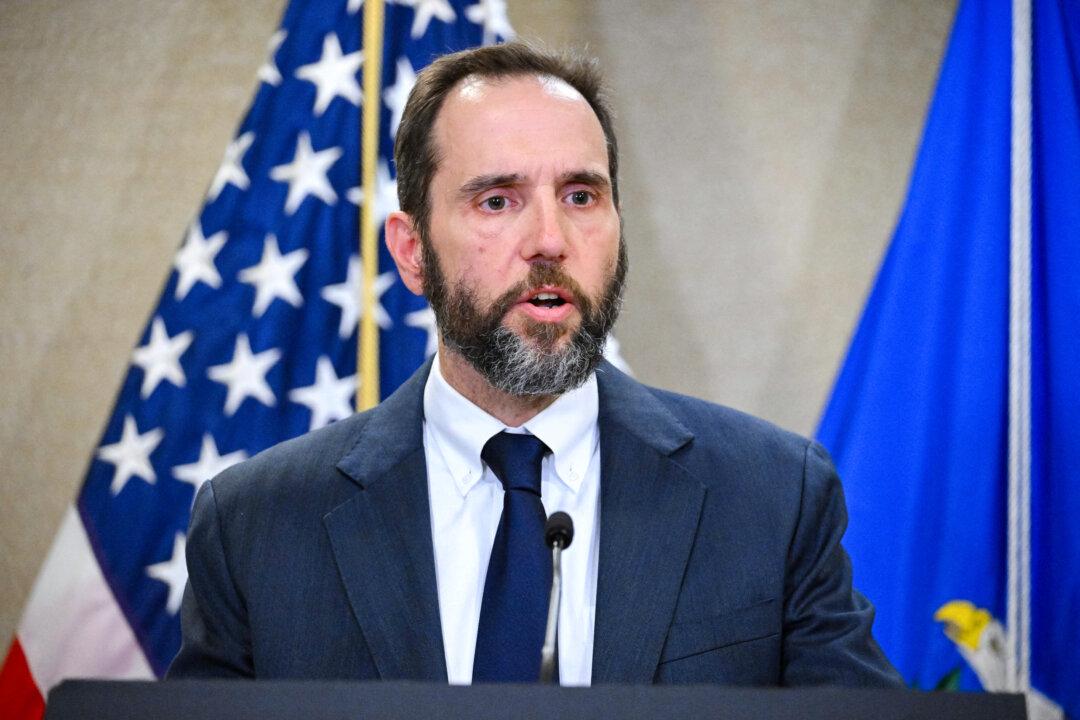Special counsel Jack Smith’s office asked the federal judge presiding over former President Donald Trump’s Jan. 6 case for additional time to settle how to proceed after the Supreme Court decision regarding presidential immunity.
In a joint status report submitted to the U.S. District Court for the District of Columbia, Smith’s office asked the court to extend the deadline for submitting the next joint status report to Aug. 30, and to continue the status conference, originally scheduled for Aug. 16, to a date after the new deadline.





